Purpose
Certain behaviours in a team can affect the trust between the team members and if not addressed properly will have dire consequences. It is essential for a team to self-reflect and to evaluate its own performance systematically and without friction. Examples of trust reducing behaviours are:
- Withholding or hiding information for competitive advantage
- Rushing ahead and jumping to conclusions without listening to others
- Not taking responsibility for actions
- Finger pointing and blaming
- Being more self-centred than team-centred
- Bringing down an idea proposed by another team member just because it’s not yours
- Stealing a clever idea presented by a team member and pretending that you came up with it on your own, sometimes even in front of the other team member
- Not accepting that you didn’t know something and pretending that you know it all
- Sabotaging somebody else’s performance so that they don’t look good, by not being present, withholding support and by being negative
- Constantly moaning about things not being good or right, but not doing anything about it
The following exercise helps the team to see what it thinks of itself in a safe environment. The beauty of this exercise is that team members can voice their concerns anonymously.
This exercise is ideal for a group of people who know and have worked with each other.
Objective
Identify seven qualities that best describe your team and see how the overall votes can shed light on the performance of the team.
What You Need
- A copy of the “Team Qualities Handout” provided below for each delegate.
- A box or a hat.
Setup
- Distribute a copy of the “Team Qualities Handout” to each delegate.
- Ask the delegates to choose seven qualities form the list provided by drawing a circle around each.
- Explain that the votes are anonymous, so delegates should feel free to express their opinion.
- Optionally, for their own reference, delegates can take a photo of what they have selected in order to compare this with the overall votes.
- Once delegates have chosen their seven qualities, ask them to fold the sheets and drop it in the box or the hat.
- Allocate 5 minutes for this part.
- Collect all sheets from the box and tally up the scores. A great way to do this is to project the list as a slide on a whiteboard, and then simply add a counting mark to each quality on the whiteboard.
- Count the total votes for each item.
- Reveal the top five voted qualities
- The data will reveal a lot about what the team thinks of itself.
- Initiate a discussion and lead the delegates to see why this is the case and what they can do about it. Spend as much time as necessary on this part since new insights and processes can lead to a significant shift in mindset.
Timing
Explaining the Exercise: 2 minutes
Activity: 5 min voting + 5 min counting votes = 10 minutes
Group Feedback: 15 minutes
Discussion
What do you think of the top qualities voted for? Is this what you expected? How different is this from what you voted? Do you agree with them? Are the qualities generally positive or negative? Is there a pattern? What do the results suggest for the team? If you could improve the performance, what would you do? What actions can you draw up that will address the problems identified?
Team Qualities Handout
Choose seven qualities that best describe your team. Fold the paper and drop it in the box. Your answers are anonymous.
Bold
Caring
Cautious
Changeable
Competitive
Confrontational
Conservative
Deceptive
Demanding
Dependable
Disciplined
Disorganised
Empowered
Ethical
Flexible
Inconsistent
Intolerant
Modern
Open minded
Principled
Reliable
Restrictive
Rigid
Self-Assured
Strongminded
Traditional
Trustworthy
Unforgiving
Soft Skills Training Materials
Get downloadable training materials
Online Train the Trainer Course:
Core Skills
Learn How to Become the Best Trainer in Your Field
All Tags
Training Resources for You

Course Design Strategy
Available as paperback and ebook

Free Training Resources
Download a free comprehensive training package including training guidelines, soft skills training activities, assessment forms and useful training resources that you can use to enhance your courses.

Our Comprehensive Guide to Body Language

Train the Trainer Resources
Get Insights - Read Guides and Books - Attend Courses
Training Materials
Get downloadable training materials on: Management Training, Personal Development, Interpersonal Development, Human Resources, and Sales & Marketing





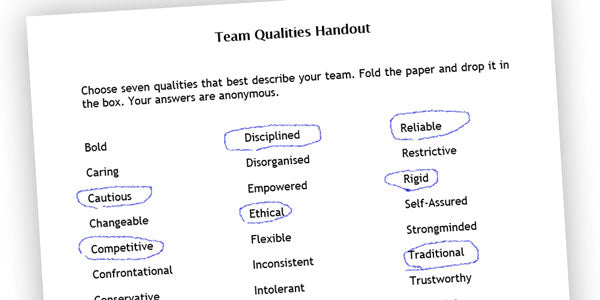


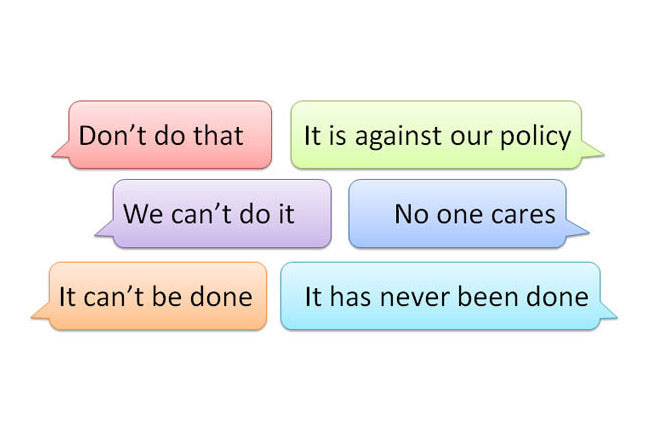


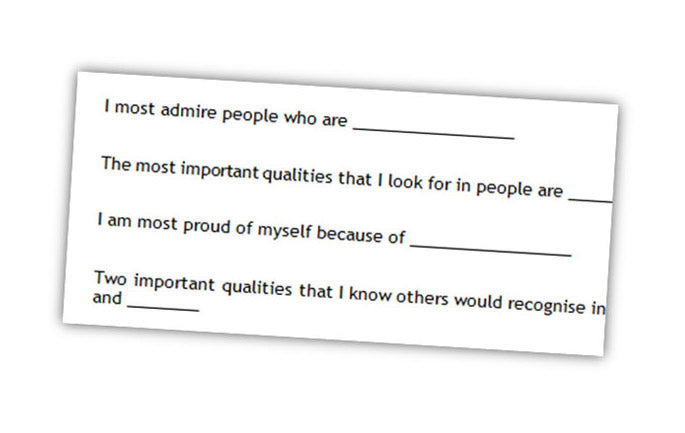
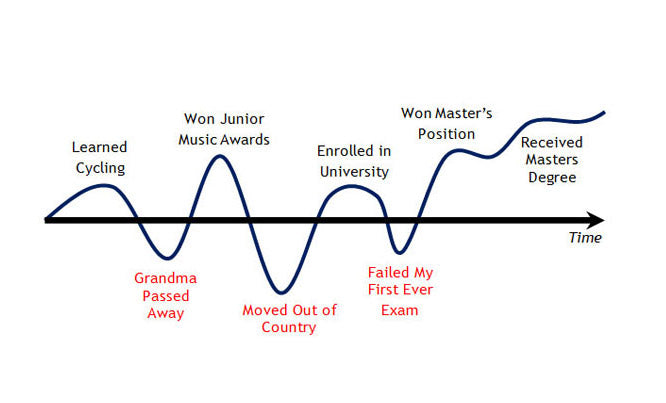
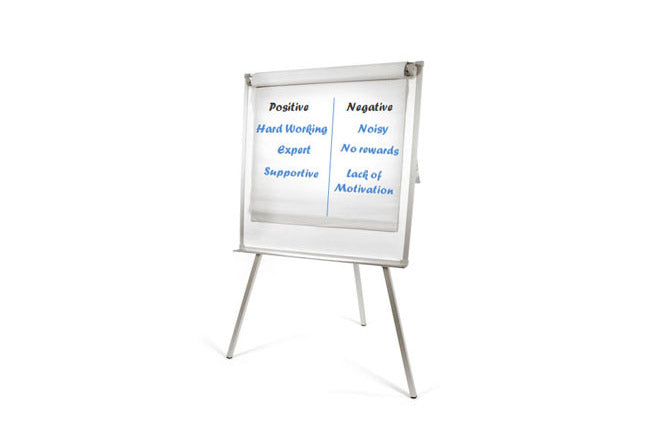
Leave a comment
All comments are moderated before being published.
This site is protected by hCaptcha and the hCaptcha Privacy Policy and Terms of Service apply.